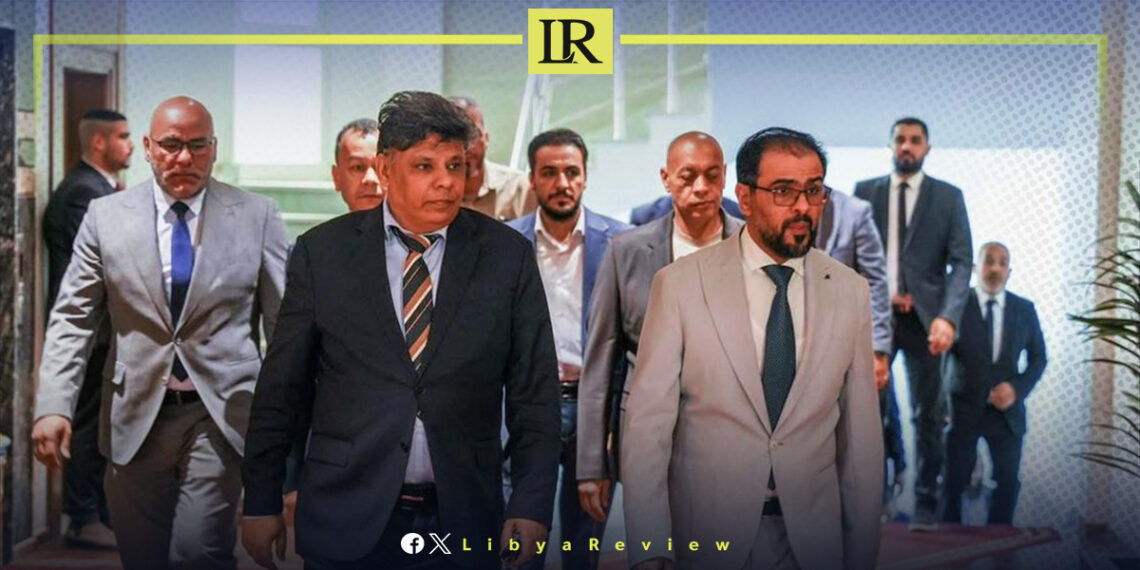On Monday, Libya’s Attorney General, Al-Siddiq Al-Sour, traveled to Benghazi to lead an urgent investigation into the disappearance of Member of Parliament Ibrahim Al-Drisi, whose sudden disappearance has ignited public outrage and political concern across the country.
Al-Sour, accompanied by members of his office, met with Prime Minister Osama Hammad of the eastern-based government to coordinate the investigation’s launch. The move comes in response to growing pressure from both the public and the House of Representatives, which has formally tasked the Attorney General and security agencies with uncovering the truth behind the MP’s fate.
Al-Drisi had not been seen since his reported abduction until images and videos surfaced showing a man resembling him shackled in a cell, with chains around his neck. These shocking visuals triggered a wave of anger across Libya.
However, several Libyan security officials have questioned the authenticity of the footage, suggesting it may have been generated or altered using artificial intelligence.
Despite doubts about the footage, the calls for transparency have only grown louder. The Attorney General’s presence in Benghazi signals a commitment to addressing the case seriously amid a wider national concern over political kidnappings and impunity.
Field Marshal Khalifa Haftar, commander of the Libyan National Army (LNA), issued direct orders to all relevant authorities to cooperate fully with the Attorney General’s team. According to a statement from the LNA’s media division, Haftar emphasized the need to facilitate the investigation and support efforts to uncover the truth.
Meanwhile, Prime Minister Abdulhamid Dbaiba of the rival Government of National Unity in Tripoli condemned the abduction, describing it as a politically motivated crime targeting elected representatives. He drew a parallel with the still unresolved 2019 abduction of MP Siham Sergiwa, calling for urgent accountability.
The growing pressure from lawmakers, families, and the public underscores the broader crisis of governance and the rule of law in Libya, where elected officials remain vulnerable to politically driven disappearances.


